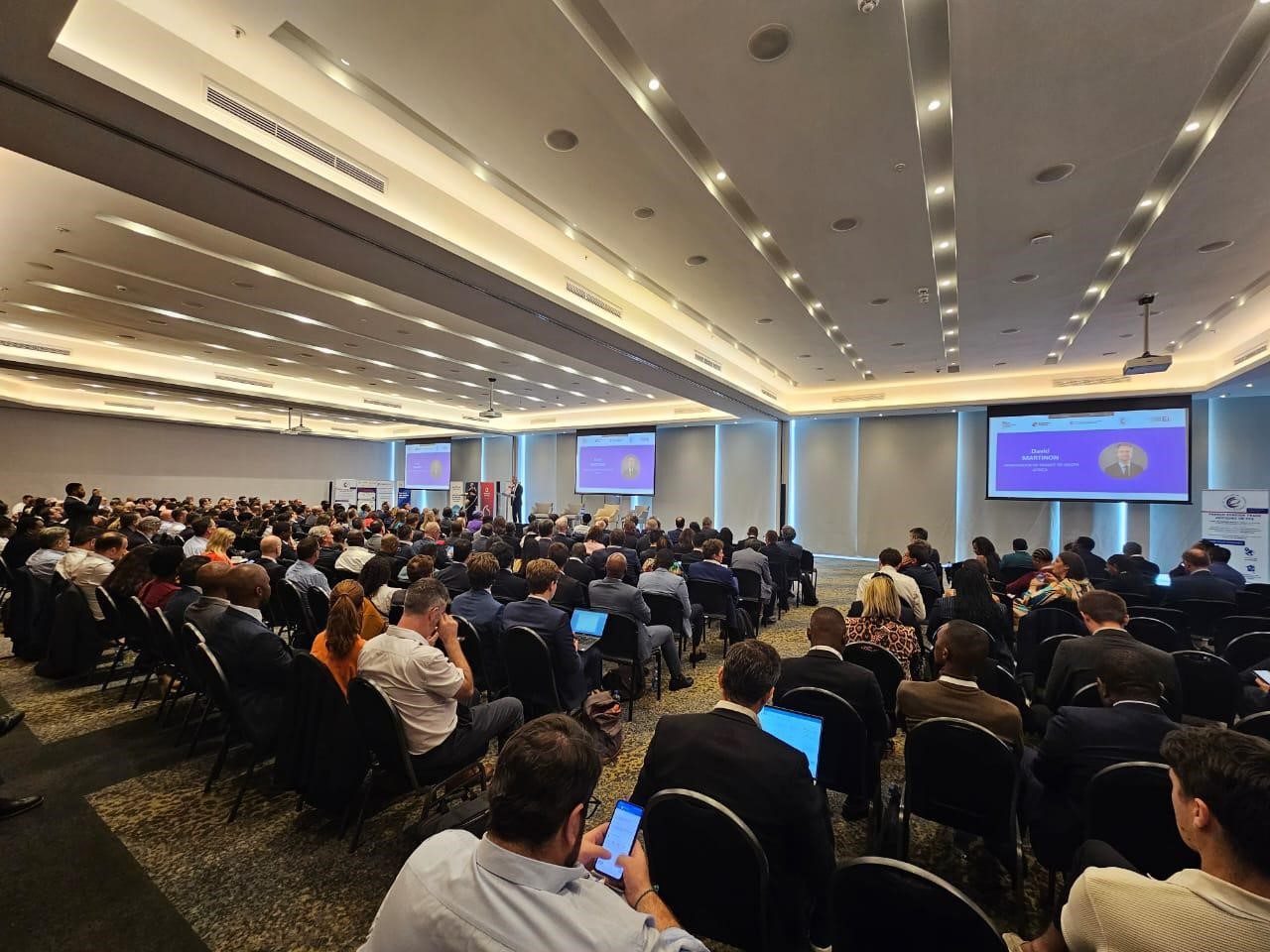Implementation of the AfCFTA will offer plenty of opportunities

Folllowing its enactment in 2021, the pilot phase of the AfCFTA has been launched in 7 African countries: Cameroon, Ghana, Rwanda, Kenya, Mauritius, Egypt and Tanzania. The African Continental Free Trade Area (AfCFTA) is a preferential trade regime aiming to progressively dismantling tariffs on goods and services produced on the continent, or with raw materials from Africa. The intention […]
Folllowing its enactment in 2021, the pilot phase of the AfCFTA has been launched in 7 African countries: Cameroon, Ghana, Rwanda, Kenya, Mauritius, Egypt and Tanzania.
The African Continental Free Trade Area (AfCFTA) is a preferential trade regime aiming to progressively dismantling tariffs on goods and services produced on the continent, or with raw materials from Africa. The intention behind this large-scale project is to promote the free circulation of goods and thus stimulate intra-continental trade.
Supporting African multilateralism: the gradual implementation of the AfCFTA
Cameroon is one of the countries committed to drive the development of a liberalized African market. On July 2, 2023, the Port Autonome de Kribi, Cameroon’s second largest port, welcomed its first cargo under the AfCFTA regime, from Tunisia. Cameroon had already launched a first wave of goods exports under this regime at the end of 2022.
The process of dismantling customs tariffs has begun in the country, in line with the outline adopted by the AfCFTA authorities: to ensure a smooth transition to market liberalization, customs tariffs will be gradually reduced to zero over 13 years. The first 10 years will concern 90% of the products identified by the authorities, and 7% of products over the remaining years. Certain “sensitive” products (3%) will be excluded from liberalization, in order to protect local industries from increased competition.
An ambitious initiative offering opportunities for worldwide businesses
Bringing together 54 signatory states among the continent’s 55, the AfCFTA aims to create the world’s largest free trade zone, representing a market of 1.3 billion consumers.
The primary objective is to boost intra-African trade. “Intra-African trade currently represents only 15% of the continent’s total trade, compared with 58% in Asia and 67% in Europe” (source: UN). The World Bank estimates that the implementation of the AfCFTA will boost intra-African trade volumes by 52.3% by 2025, as well as revenues for Africa and the rest of the world.
The African Union’s observations on the AfCFTA augur well for sectoral opportunities for businesses worldwide. Indeed, the institution behind the AfCFTA has made a number of recommendations to ensure that the initiative is properly implemented and achieves its stated projections.
According to the African Union, massive investment will be required in many sectors of African economies. The first and foremost need announced is for investment in improving the continent’s infrastructure. This financing requirement has been identified at between 130 and 170 billion dollars per year (source: AU), and the African Union is calling on governments to give priority to partnerships with the private sector and the transfer of technology on a global scale to modernize infrastructures.
On a sectoral level, opportunities have been identified in manufacturing, a sector that still contributes too little to Africa’s GDP, but whose growth forecasts have tripled following the implementation of the AfCFTA. The African Union particularly insisted on the priority of developing certain sectoral industries such as agro-processing, pharmaceutical manufacturing, green technologies, and mineral processing.
Finally, particular attention is to pay to digital trade and all the technologies that are revolutionizing the way we do business today. Fintech solutions, mobile money and other digital tools for commerce are developing rapidly on the continent and require further investment and innovation.



